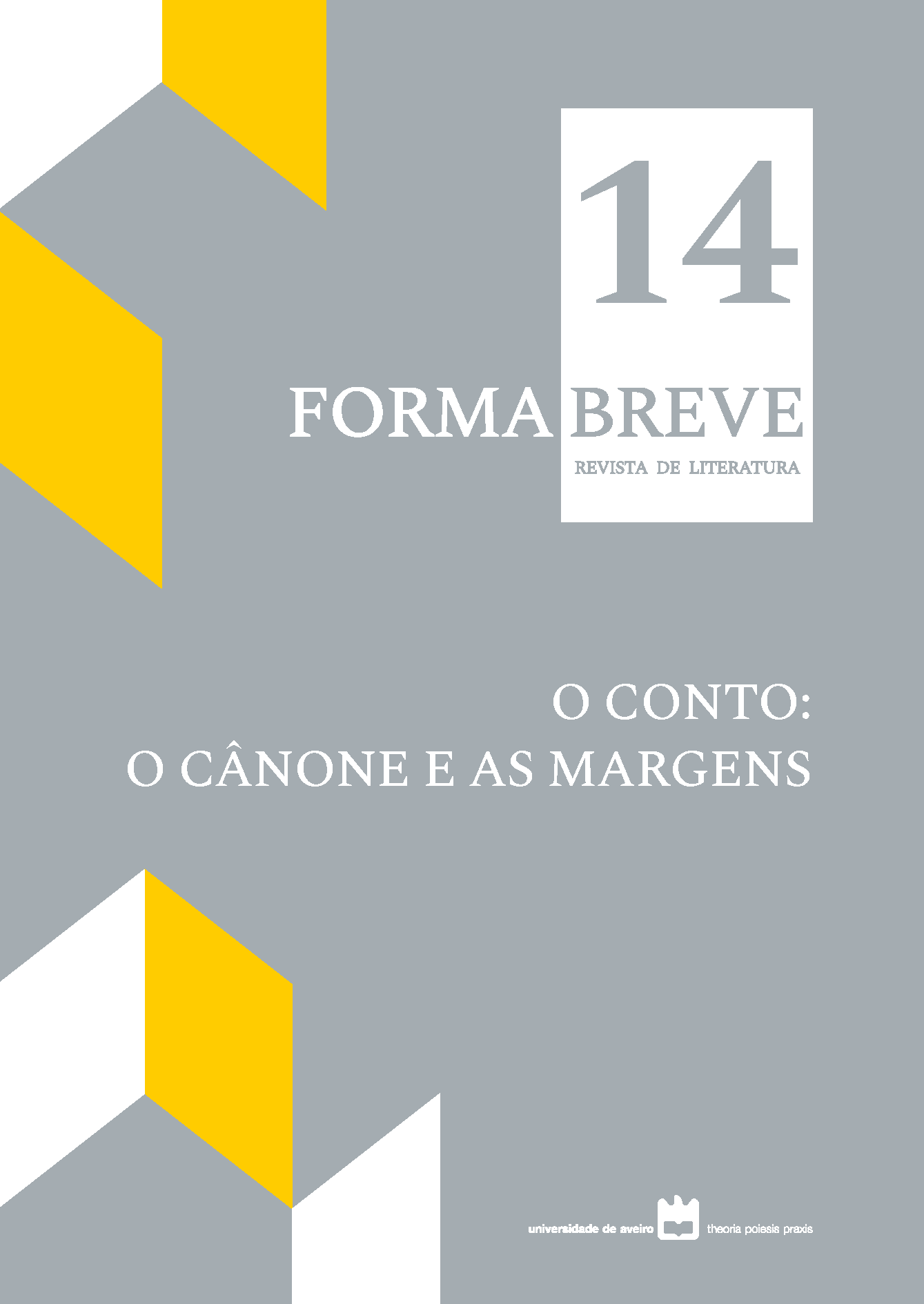A modernidade dos contos de João Alphonsus e Marques Rebelo
Resumo
Cerca de duzentos livros de contos foram publicados na década de 1930 no eixo Rio de Janeiro – São Paulo – Minas Gerais, a maioria seguindo temas e estruturas tradicionais, herdadas do romantismo, fundador do gênero no país, ou das correntes realista e naturalista do século XIX. Entretanto, em época de conflitos mundiais, de revoluções políticas internas e de intensa movimentação artística – principalmente aquela promovida desde o primeiro quartel do século XX e consolidada pela Semana de Arte Moderna –, alguns intelectuais e artistas brasileiros desejaram mudanças estruturais tanto na esfera sociopolítica quanto na artística. Acreditando que um novo Brasil só poderia ser construído a partir de um pensamento novo e de uma expressão estética nova, contistas como João Alphonsus (1901-1944) e Marques Rebelo (1907-1973) se dedicaram a um lirismo citadino e moderno, sendo considerados pelos críticos da época inventores do moderno conto brasileiro. Entretanto, se obtiveram considerável sucesso em 1931, com Galinha cega e Oscarina, respectivamente, logo em seguida, graças à crítica literária entusiasta dos romances regionalistas, os escritores centrais deste ensaio perderam visibilidade e público. Suas obras pouco circulam atualmente, tendo sobrevivido graças ao conto “Galinha cega”, homônimo ao livro de João Alphonsus, que comparece em várias antologias, e às transposições cinematográficas de alguns textos de Marques Rebelo. Nesse sentido, este ensaio analisa a importância desses autores no panorama do conto brasileiro, ressaltando sua oferta de temas cotidianos, banais ou surpreendentes, de personagens populares, autômatos ou reflexivos, de cenários urbanos da então capital federal, o Rio de Janeiro, ou da nova capital mineira, Belo Horizonte, e da linguagem desejosa de uma expressão genuinamente brasileira.








